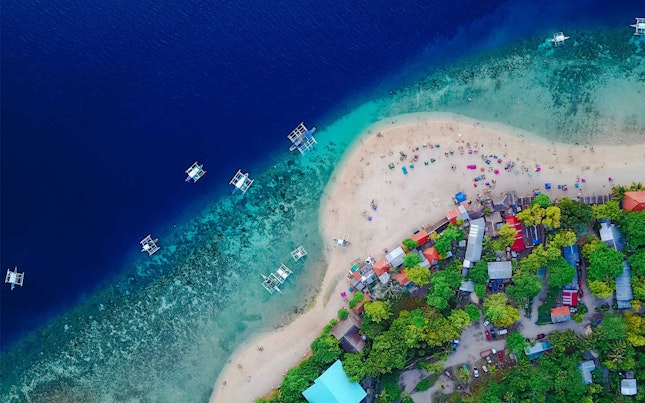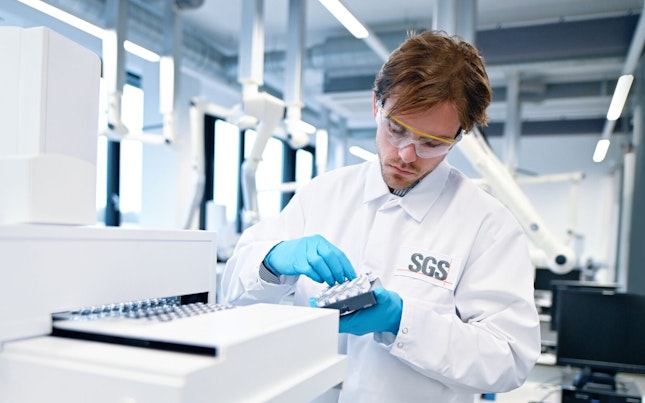Successful businesses take environmental protection, workers’ health & safety and regulatory compliance seriously. Failure to minimize the impact of your business’s activities will result in censure by employees, regulatory authorities and customers. Increasingly, stakeholders are also looking for evidence to prove you follow best practice.
Looking for something specific?
Search within Environment, Health and Safety
Your business will undoubtedly have policies and procedures in place for health and safety and protection of the environment. Are they sufficient? Are you certain they comply with local, national and international regulations? And how do you prove it?
Take more care with SGS Environment, Health and Safety Services
At SGS, we offer comprehensive solutions to help your business implement best practice in all areas of EHS policy and procedure and demonstrate compliance with them. As the world’s leading inspection, certification, testing and verification company, we can help you mitigate against a wide variety of risks. With our global networks, we know the legislation that matters locally and internationally and offer a wide range of sampling, testing, monitoring and auditing solutions.
Our specialists will help you with every aspect of your environmental, health & safety responsibilities:
- Air: specialized sampling and testing, both for indoor or outdoor applications
- Soil: environmental drilling, soil and sediment sampling, as well as a wide range of soil, sludge and sediment testing solutions
- Water: sampling and testing of a wide variety of water types, such as ground water, surface water, drinking water, waste water, process water, sea water
- Waste: assessing, testing, monitoring, reducing and managing your waste streams
- Sustainability: services to optimize ESG performance of your business
- Hygiene solutions: wide variety of sampling, testing and risk assessment solutions to monitor occupational health risks in the workplace, such as asbestos, indoor air quality, noise, vibrations, etc.
- Auditing solutions: we assist you in drafting specific EH&S policies and auditing your operations against their compliance criteria
Jurija Gagarina 7b,
, 11070,
Belgrade, Serbia







